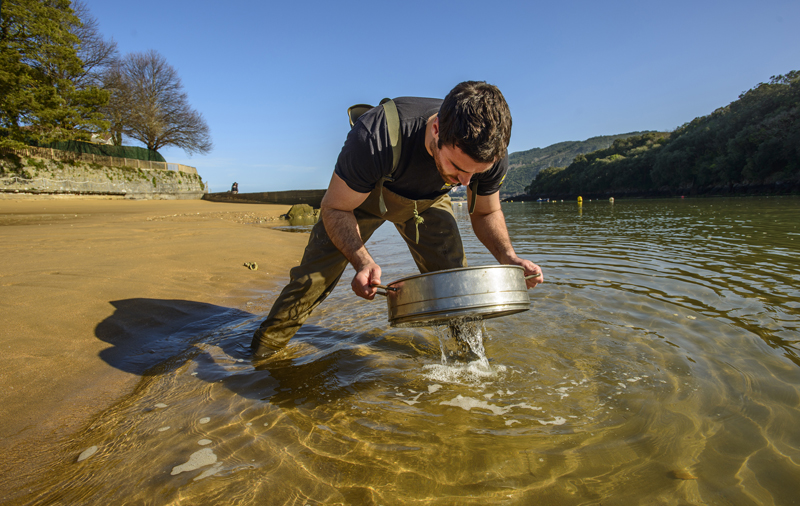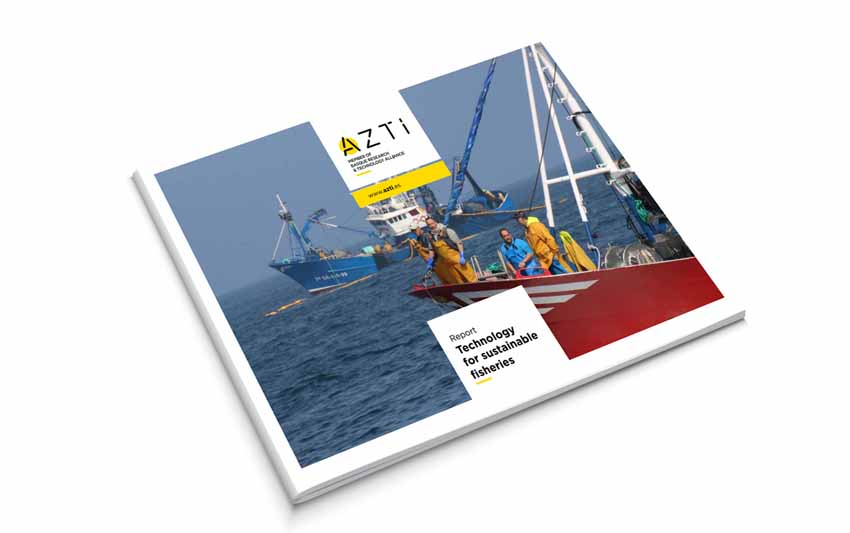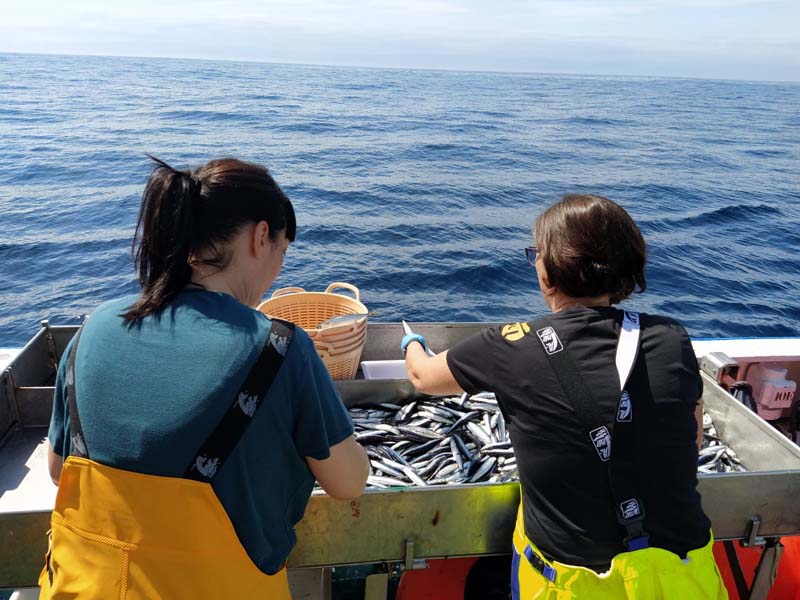AZTI’s technology will assess the quality of US seas
Últimas noticias
Una mirada LGTBIQ+ al reino animal
Circular Economy in Action: Valorisation of By-products through Projects like PRIMA NEWFEED
Strategic Perspectives: Highlights from the Food4Future World Summit for Business Leaders
- The AMBI tool, developed by the technology centre, has been adopted by the US Environmental Protection Agency as the official marine environmental assessment system.
- The software can be used to assess the impact of human activities on marine communities and water quality.
- Most European countries use this methodology officially and others are considering its use.
Pasaia, 9 August 2022- The increasing pressure on the seas of different countries around the world caused by urbanisation and industrialisation of coastal areas has led in recent years to different programmes and strategies that seek to minimise pollution and waste dumping in the waters. However, agricultural, urban and industrial discharges are still a major threat to marine ecosystems, making it essential for public administrations to know the ecological and environmental status of these communities.
In this context, the Basque technology centre AZTI developed the AMBI software (AZTI’s Marine Biotic Index) to evaluate the environmental impact on the seas caused by different human activities. This is a world benchmark technology that has now been adopted by the United States Environmental Protection Agency (EPA) as the official system for evaluating the marine environment.
“The adoption of AMBI by the EPA is a further endorsement of the use of this tool and represents a great opportunity to generate a greater number of data and increase the catalogue of species included in the system“, emphasises Ángel Borja, AZTI researcher and coordinator of the tool.
The EPA is responsible in the United States for ensuring both the cleanliness of the waters and for providing information to the Federal Government on the environmental health of the Atlantic Ocean, the Gulf of Mexico and the Pacific.
Thanks to this integration, AZTI will considerably increase the surface area of coastal and estuarine areas assessed through AMBI, which already covers all the continents of the world and numerous places such as New Zealand, China, Mexico, Canada, Chile, Morocco, Algeria, Iran, Arabia, India and all of Europe.

Two indicators
The AMBI tool was developed by AZTI’s researchers to establish the ecological quality of European coasts and estuaries based on the European Water Framework Directive and the Marine Strategy Framework Directive, which stresses the importance of biological indicators to assess the status of marine systems.
For this software, AZTI developed two indicators: AMBI and multivariate-AMBI (M-AMBI), which make it possible to explore the response of soft-bottom communities to human-induced changes in water quality (dumping, dredging, public works or aquaculture), integrating long-term environmental conditions.
The system also calculates the impacts on benthic macroinvertebrate communities and can predict the impacts that a new activity may generate, proposing appropriate measures to minimise them.







